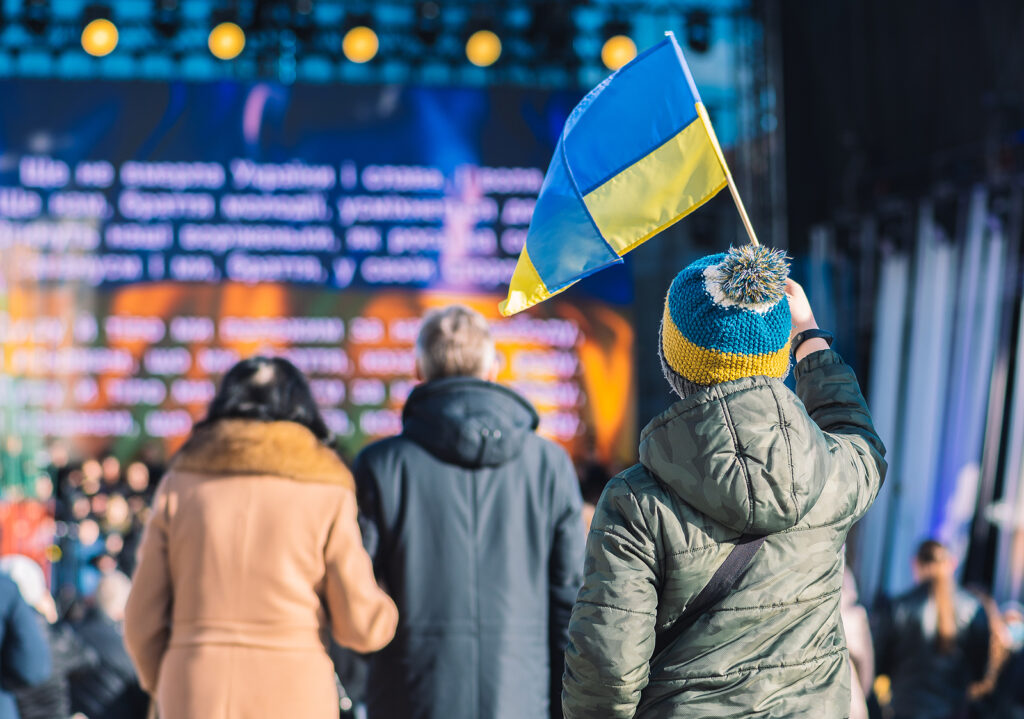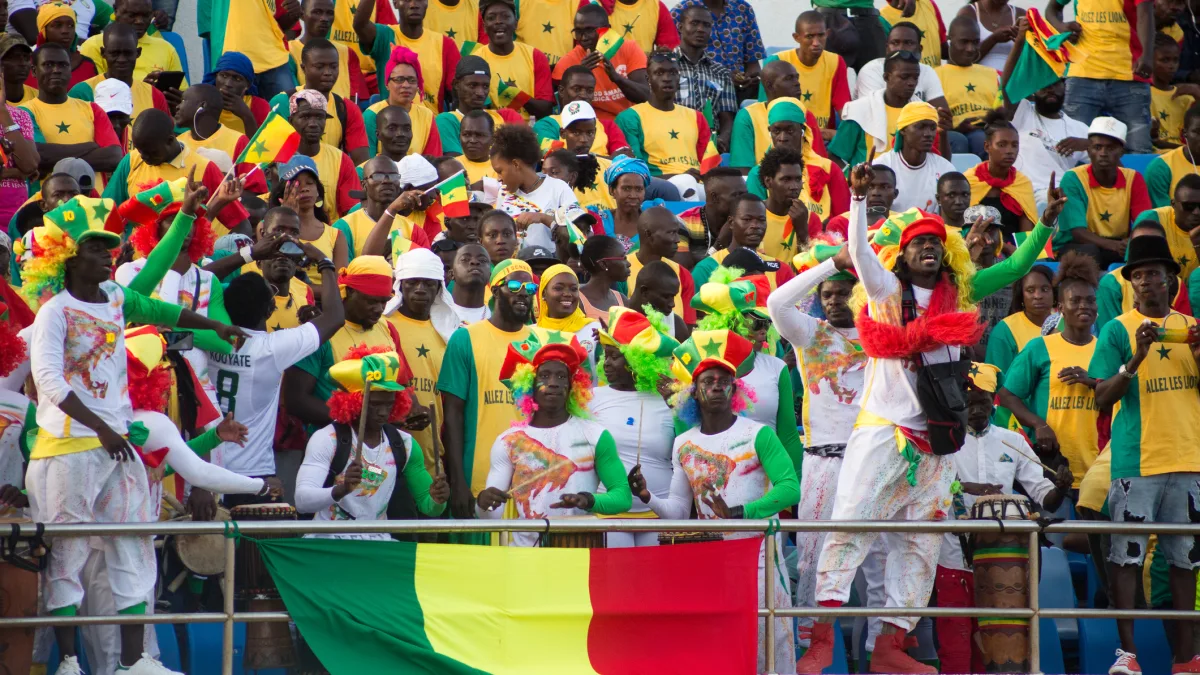Further evidence of the progress made by Moldova and Ukraine towards meeting their European Union membership goals was provided this week by the publication of the 2023 Eastern Partnership (EaP) Index, in which the two countries secured the top two places.
The Index, published by the Eastern Partnership Civil Society Forum, tracks the reform journey of the six EaP countries—Armenia, Azerbaijan, Belarus, Georgia, Moldova, and Ukraine—towards sustainable democratic development and European integration.
Launched in 2009, the EaP aims to strengthen and deepen the political and economic relations between the EU and EaP members.
The latest edition of the Index acknowledges the achievements of both Moldova and Ukraine in accelerating their alignment with the EU despite very difficult circumstances.
Reinforced rule of law—especially via greater judicial independence—is amongst the spheres where both Moldova and Ukraine made headway. The 2023 EaP Index indicates that the two countries, which were given the green light to begin EU accession talks in December, are steadily making the kinds of systemic changes that Brussels expects in order for them to proceed along the accession path.
Moldova’s top spot is attributed to its impressive performance on election-related reforms, political pluralism, the fight against corruption and equal opportunities, which gave the country an edge over Ukraine, whose score was dampened by Russia’s war and the limitations on public life since the imposition of Martial Law in February 2022.
At the same time, the Index notes that the war has not eroded Ukraine’s will to reform. The areas in which Ukraine progressed the most include independent media, freedom of opinion and expression and freedom of assembly and association, independent judiciary, and the fight against corruption.
“Moldova and Ukraine’s performances confirm that EU candidate status and a clear membership perspective strengthens the credibility and efficiency of EU conditionality and gives pro-EU government authorities and civil society a sturdy footing to carry out the necessary reforms to move closer to the EU,” the report accompanying the Index reads.
However, the Index also tells us that approximation with the EU is a dynamic process and can easily regress when domestic or external circumstances change or simply if reform fatigue sets in.
Accordingly, Moldova and Ukraine’s rising level of approximation is ‘work in progress’ and crucially, many recent reforms especially to do with elections, anti-corruption and constitutional reforms have yet to be fully road-tested.
Furthermore, as the Index also notes, civil society organisations (CSOs) are sometimes sceptical about the ways in which governments pursue EU-related reforms and that consultations with civil society are unstructured and untransparent.
Other EaP countries lose ground
The findings of the latest Index resonate with the overarching theme of Russia’s war of aggression against Ukraine, of which the spillover effects across the EaP region are evident, write Ana Otilia Nuțu and Irina Sukhy, co-chairs of the Steering Committee of the Eastern Partnership Civil Society Forum.
“Not only did the war amplify pre-existing trends in the EaP region, it also led to a reconfiguration of relationships between EaP countries and the European Union,” they add.
This is demonstrated by the performance in the Index of the four other EaP members.
Georgia lost considerable ground across both democracy and good governance, and policy convergence indicators. In fact, Georgia’s performance was characterised by a significant downwards drift, if not a sharp plunge in many areas which reflects the country’s political polarisation.
Although the country was made an official EU candidate in December, it has fallen further behind Moldova and Ukraine over the past two years—all three countries applied for EU membership at much the same time, in the immediate wake of Russia’s invasion of Ukraine.
Armenia remained relatively stable in the 2023 Index, but reform stasis and potential for backsliding in key spheres is apparent, the report notes.
Armenia’s lower aggregate score is linked to slippage in democracy and good governance, especially state accountability, independent media (where it was previously the top scorer), freedom of opinion and expression, freedom of assembly and association, and the fight against corruption. There were improvements, however, in judicial independence.
Azerbaijan meanwhile continues to edge towards everstronger authoritarianism and disavowal of independent civil society and media which is reflected in its diminishing scores in state accountability, freedom of opinion and expression, freedom of assembly and association, and the fight against corruption.
“A closer inspection of policies and practices in Azerbaijan shows very clearly that the country is at variance with all EU norms to do with democracy and good governance without exception,” says the report, which notes that one of the EaP Index’s local experts in Azerbaijan, Dr Gubad Ibadoghlu, is currently jailed on politically-motivated charges.
It is a similar story in the worst performer on the Index, Belarus, where a local expert is also being held behind bars.
“Belarus continues to fulfil its designated role of Europe’s last dictatorship and does it well,” the report notes.
As if to underline the point, on the day of its publication, the country’s authorities arrested dozens of people on charges of “involvement in extremist groups” and “financing extremist activities,” accusations routinely used to target dissenters.
The EaP Index notes that, “Virtually all residual elements of independent civil society and opposition have been extinguished,” and that Belarus has also de-aligned from the EU on market economy and energy, “an outcome of Minsk’s intensifying dependence on Russia and the application of Western sanctions.”







